Michael Widner
ATS for the Division of Literatures, Cultures, and Languages
Michael works with faculty and their research assistants as a consultant, collaborator, and innovator in digital humanities and instructional technology projects based in the Division of Literatures, Cultures, and Languages. He also organizes and presents workshops and lectures on practices and theories in these fields. His current projects include:
- Lacuna Stories, an exploratory, interactive online ecosystem for annotation and sense-making in a multimedia environment
- Performing Trobar, an instructional site for the study of medieval troubadour lyrics that features many multimedia and mapping abilities
- Networks of the DLCL, a visualization of the relationships among DLCL faculty
- Bibliopedia, a tool for the discovery and analysis of humanities research and a platform where scholarly communities can form
- Digital Humanities Focal Group, a DLCL-based group to promote faculty and graduate research in the digital humanities through lectures series, praxis workshops, and curriculum
- Experimedia, a design team that supports research and teaching projects in the DLCL
He is working with faculty on several other digital humanities research projects that are in the conception and planning stages.
He also has a Ph.D. from the Department of English at the University of Texas at Austin. In his dissertation, “Genre Trouble: Embodied Cognition in Fabliaux, Gawain, and Bury St Edmunds,” he uses cognitive science to argue for genre and embodiment as hermeneutic primitives. He traces variations in the representation of characters’ bodies in fabliau, romance, and chronicle, three of the most important and characteristic genres of medieval literature.
While at UT, Michael was part of the Digital Writing and Research Lab, where he studied and taught new media, digital rhetorics and writing, and began working heavily with the Drupal Content Management System. He received an NEH Digital Humanities Start-Up Grant to pursue work on Bibliopedia. This system has been used by multiple groups at Stanford, including the Chinese Railroad Workers Project.
Prior to entering graduate school, Michael was a UNIX Systems Administrator for SBC (now AT&T), where he was responsible for mission-critical servers that managed user authentication and DNS for virtual hosted domains. He codes in Python, Perl, PHP, shell, javascript, and C++. Other technologies he regularly uses include Drupal, TEI, Gephi, d3, HTML/CSS, databases, Apache, Solr, MySQL, PostgreSQL, Mongo, Ruby on Rails, Node.js, and Linux/UNIX.

